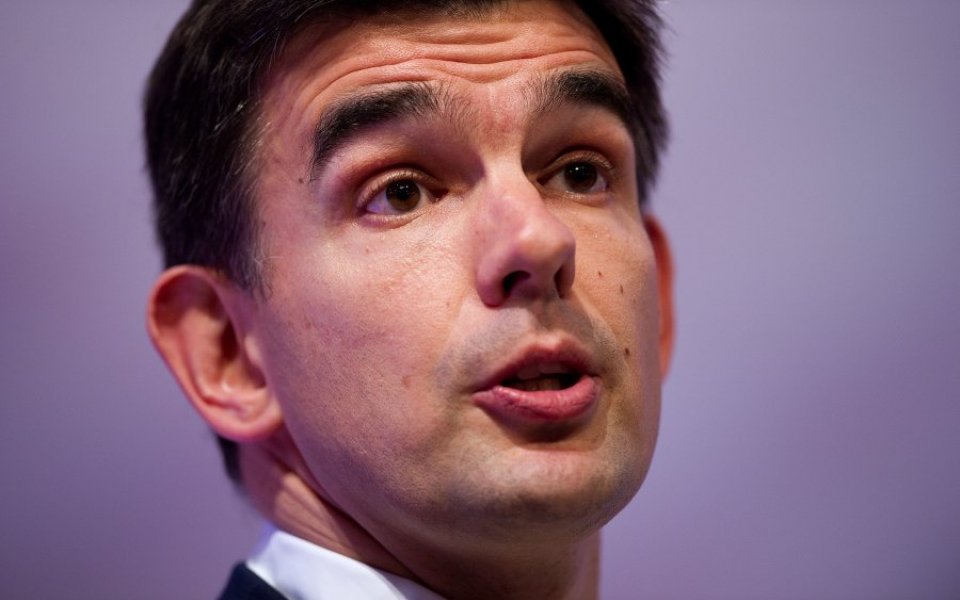Google UK boss Matt Brittin calls for international tax laws to be rewritten ahead of his Public Accounts Committee appearance

The head of Google UK has called for "simpler, clearer" rules governing the international tax system – but insisted the business did not cut a "sweet-heart deal" with HMRC.
Matt Brittin – who will today be grilled by MPs in the Public Accounts Committee – agreed reform was necessary "because it is important not only to pay the right amount of tax, but to be seen to be paying the right amount".
But he insisted the £133m tax bill Google had settled on earlier this year had been bourne from a thorough review to determine how much profit the company actually generated in the UK.
Read more: What Google has to say about its so-called sweetheart deal
"During the [six-year] audit we were fully transparent and gave access to commercial information. They interviewed me and other members of Google’s team, they visited our Dublin operation and talked with our customers. They assessed the UK team’s contribution to Google’s profits using internationally agreed formulae and benchmarks," Brittin wrote in today's Telegraph.
"Some have suggested the settlement which concluded the audit was a ‘sweetheart deal’, a cut-price tax rate. It was not. Google pays corporation tax on its UK profit at the standard rate – currently 20 per cent – the same as any other business in Britain.
"And let’s be absolutely clear: politicians play no part in deciding and settling tax audits. They set the rules, HMRC independently apply the rules and companies like Google follow the rules."
Brittin quoted the Institute of Fiscal Studies as saying the current system is designed to tax profit that "arises from value created in the UK", rather than where sales are made, noting that while its operations here have grown in the past decade, the US remains Google's creative hub.
"As much as I would like Google to have been created here in Britain, the fact is that Google is a US company," he said. "The US is where most of our products were designed and created, where most of our R&D takes place, and where we bear the most investment risk."